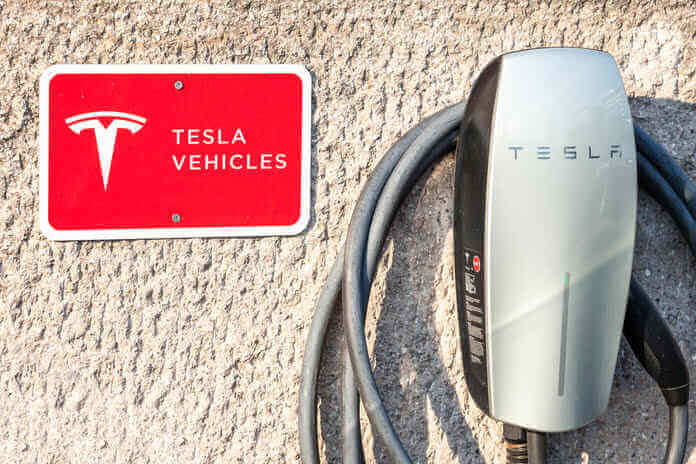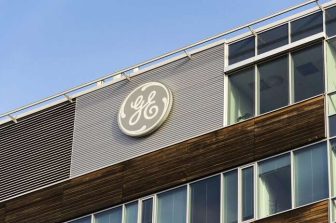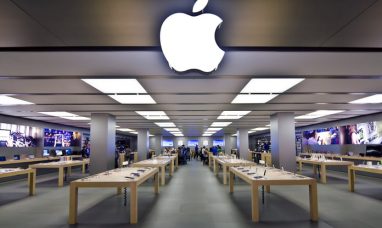Tesla Stock (NASDAQ:TSLA)
After CEO Elon Musk remarked Wednesday that it was “a bit difficult” for the electric car manufacturer to attract demand in the face of a faltering global economy, Tesla stock dropped on Thursday.
Wedbush Securities, a bull on Tesla stock, was the most draconian, cutting its $300 objective by $60, making it the sixth firm to do so. On Wednesday, Tesla (NASDAQ:TSLA) reported lower-than-expected earnings for the company’s most recent fiscal quarter.
On Wednesday, Musk told Tesla stock investors on a conference call that “a recession of sorts” in China and Europe had made demand “a bit tougher than it otherwise would be.” Despite missing its yearly delivery goal owing to restricted transportation capacity, Tesla’s CEO stated the electric vehicle manufacturer had “great demand” for the current quarter.
During a conference call in July, he claimed one thing about demand. He then said something completely different when an analyst challenges: the firm does not have a demand issue but a production problem.
In a June email from Reuters, Musk explained why Tesla needed to lay off nearly 10% of its workforce: he had a “very awful feeling” about the economy. Later he clarified that only salaried employees would be affected by the cut.
So far this year, Tesla stock shareholders have lost almost a third of their investment. After dropping as much as 9% to a 16-month low early in the day, Tesla stock was trading down 6.5% at $207.56 by Thursday afternoon.
After 3Q deliveries tracked -5% below company-compiled expectations, JP Morgan noted in a report, “The results will certainly contribute to discussions over demand destruction.”
Tesla’s automotive gross margin forecast was missed on Wednesday because of higher-than-anticipated expenses associated with ramping up production at its new Berlin and Austin plants.
Wedbush analyst Daniel Ives stated, “The optimistic narrative is obviously hitting a difficult patch as Tesla must now show again to the Street that the strong growth story is running into a plethora of logistical challenges as opposed to demand slowing.”
Featured Image- Megapixl @ Chatdesbalkans
















